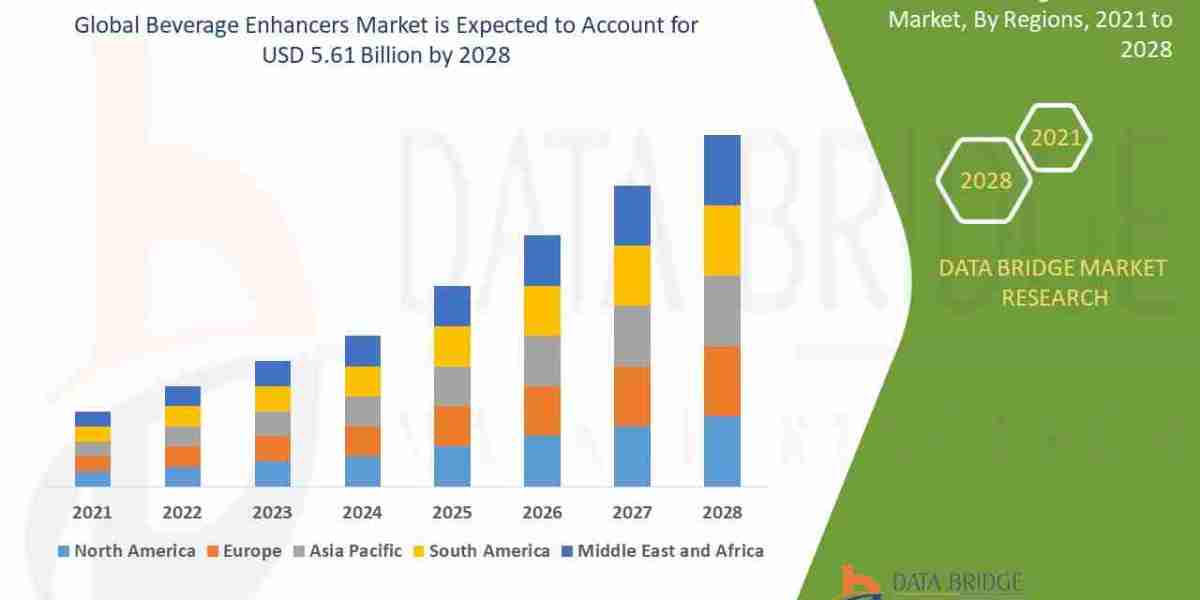The Long-Term Value of SEO: Why Patience Pays Off
In the fast-paced world of digital marketing, many businesses seek quick wins. Pay-per-click ads, social media boosts, and influencer campaigns often promise instant visibility. But while these tactics deliver short-term gains, they rarely offer sustainable growth. Search Engine Optimization (SEO), on the other hand, plays a different game — one that rewards consistency, quality, and long-term thinking.
What is SEO?
SEO is the practice of optimizing a website to rank higher in search engine results pages (SERPs), primarily on Google. It involves a range of strategies including keyword research, on-page optimization, technical enhancements, backlink building, and content creation. The ultimate goal is to increase organic (non-paid) traffic and visibility to a website over time.
Why SEO is a Long-Term Strategy
Unlike paid ads that stop delivering traffic the moment your budget runs out, SEO continues to generate leads long after initial efforts. Here are some key reasons SEO is a long-term investment:
1. Search Engines Value Trust and Authority
Search engines like Google aim to deliver the best possible results to users. To do this, they prioritize websites that demonstrate expertise, authority, and trustworthiness (often referred to as E-A-T). These qualities aren’t built overnight. It takes time to create high-quality content, earn backlinks from reputable sites, and establish a strong domain reputation.
2. Content Gains Value Over Time
Well-crafted blog posts, tutorials, and product pages can continue to attract traffic years after they’re published. Evergreen content, in particular, compounds over time. A single well-optimized article can rank on the first page for months or even years, driving consistent traffic with no additional cost.
3. Google’s Algorithm Rewards Consistency
Google’s algorithms evolve constantly. Sites that regularly update their content and maintain best SEO practices tend to fare better over time. This rewards websites that invest in SEO as a continual process rather than a one-time effort.
4. Compounding ROI
When you invest in SEO, your returns often compound. As more pages rank well, your website’s authority increases, making it easier for new content to rank. This snowball effect builds a stronger digital presence that competitors may struggle to match.
The Timeline of SEO Results
So, how long does it take to see results from SEO? The answer depends on multiple factors including your industry, competition, current site status, and the quality of your SEO strategy. But here’s a general timeline:
Months 1–2: Technical SEO fixes, keyword research, and initial content creation begin. At this stage, you might not see major traffic changes.
Months 3–6: You start seeing improvements in keyword rankings and increased traffic to key pages. Google is beginning to recognize your site’s value.
Months 6–12: Significant growth in organic traffic, leads, and conversions. Your content is ranking on the first page for more keywords.
12 Months and Beyond: SEO becomes your top traffic source, often outperforming paid campaigns in terms of cost-effectiveness and sustainability.
SEO vs. Paid Advertising
Many businesses are tempted to focus their budgets on paid advertising for immediate results. While there’s nothing wrong with using paid ads, relying solely on them is risky. The moment your budget runs out, your visibility vanishes. SEO, by contrast, builds digital real estate that continues to deliver.
Let’s compare a few metrics:
| Metric | SEO | Paid Advertising |
|---|---|---|
| Cost per click | $0 (organic) | Varies (often high in competitive industries) |
| Longevity | Long-term | Ends when budget ends |
| Trust factor | Higher (users trust organic results) | Lower (users know it’s an ad) |
| ROI over time | Increases | Diminishes |
A balanced strategy often includes both, but over time, SEO tends to deliver better ROI and sustainable growth.
The Role of Quality Content in Long-Term SEO
Content is the backbone of effective SEO. But not just any content — it needs to be relevant, valuable, and well-structured. Google’s algorithms have become increasingly sophisticated, prioritizing user intent and helpfulness.
To get the most out of your content for long-term SEO:
Target the right keywords: Focus on keywords with high intent and manageable competition.
Create evergreen content: Answer common questions in your industry that don’t change frequently.
Update older posts: Keep your existing content fresh by updating it with new information and optimizing for current best practices.
Add value: Don’t just aim to rank — aim to solve your audience’s problems.
Backlinks: A Long-Term Authority Builder
Backlinks (links from other websites to yours) act as endorsements in the eyes of search engines. The more high-quality backlinks you earn, the more authority your site gains. But these links aren’t easy to come by — they’re typically the result of months of content marketing, outreach, and networking.
One high-authority backlink can boost rankings for multiple pages, showing how long-term link-building strategies offer compounding value.
SEO is a Moving Target — And That’s Okay
Search engine algorithms are always evolving. While this can make SEO feel like chasing a moving target, it also keeps the playing field open. Businesses that stay informed, adapt to changes, and continue investing in best practices will continue to benefit.
The key is to treat SEO as an ongoing discipline. A static website that was optimized in 2022 and left untouched won’t compete with a site that’s actively updated and improved in 2025.
How to Stay Committed to SEO
Because results take time, many businesses abandon SEO too early. Here are a few tips to stay committed:
Set realistic expectations: Don’t expect major results in the first 30 days. SEO is about playing the long game.
Track the right metrics: Focus on organic traffic growth, keyword rankings, and conversions — not just vanity metrics like impressions.
Work with professionals: A knowledgeable SEO consultant or agency can guide your strategy and help avoid common mistakes.
Celebrate milestones: Recognize progress like a rise in search rankings, featured snippets, or an increase in backlinks.
Conclusion: SEO is an Investment, Not an Expense
SEO may not offer the instant gratification of paid ads, but its long-term benefits far outweigh the wait. It helps build trust, improve visibility, and drive qualified traffic that converts — all while keeping your marketing costs under control in the long run.
For businesses looking for sustainable growth and a competitive edge in digital spaces, SEO isn’t just a tactic — it’s a foundational strategy. Invest in it now, and the rewards will continue long into the future. For more services visit https://ibdigitalservices.com/.







